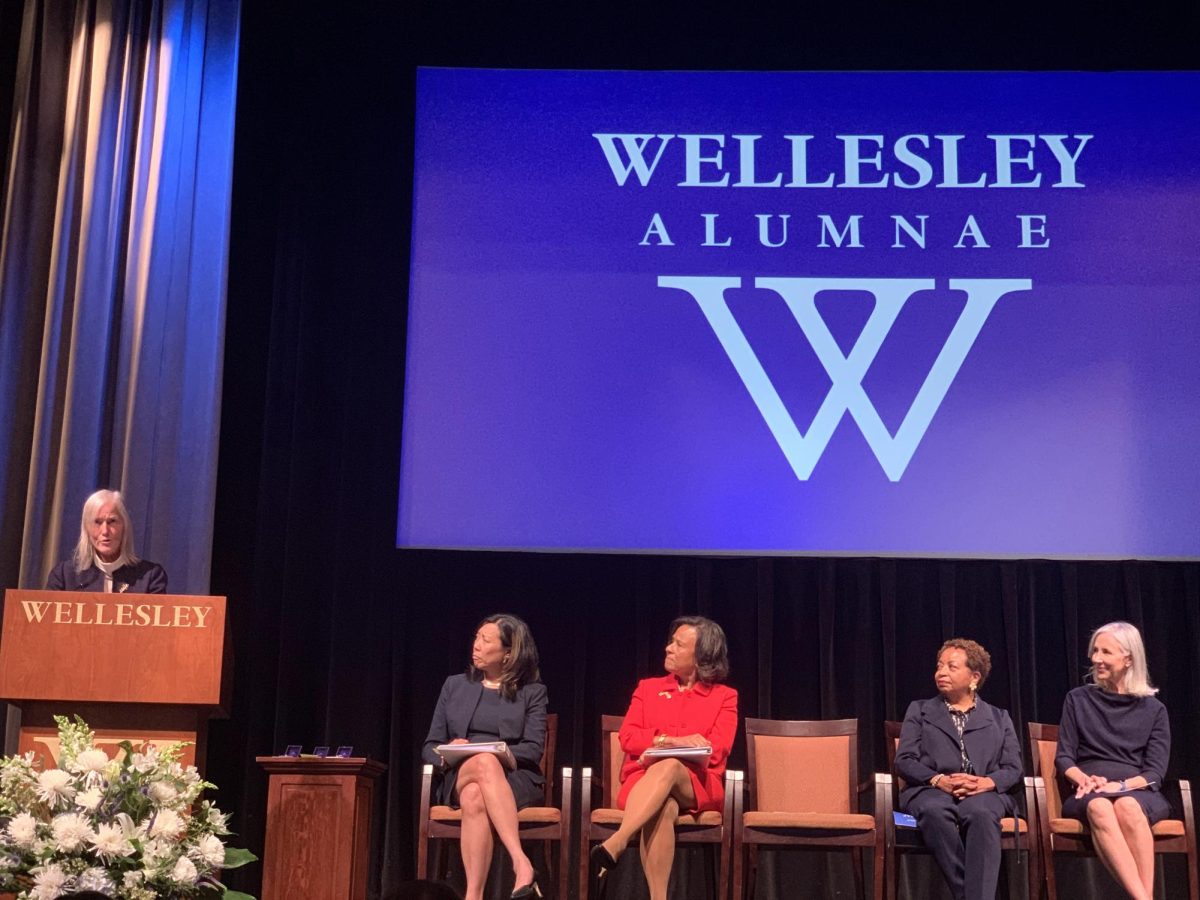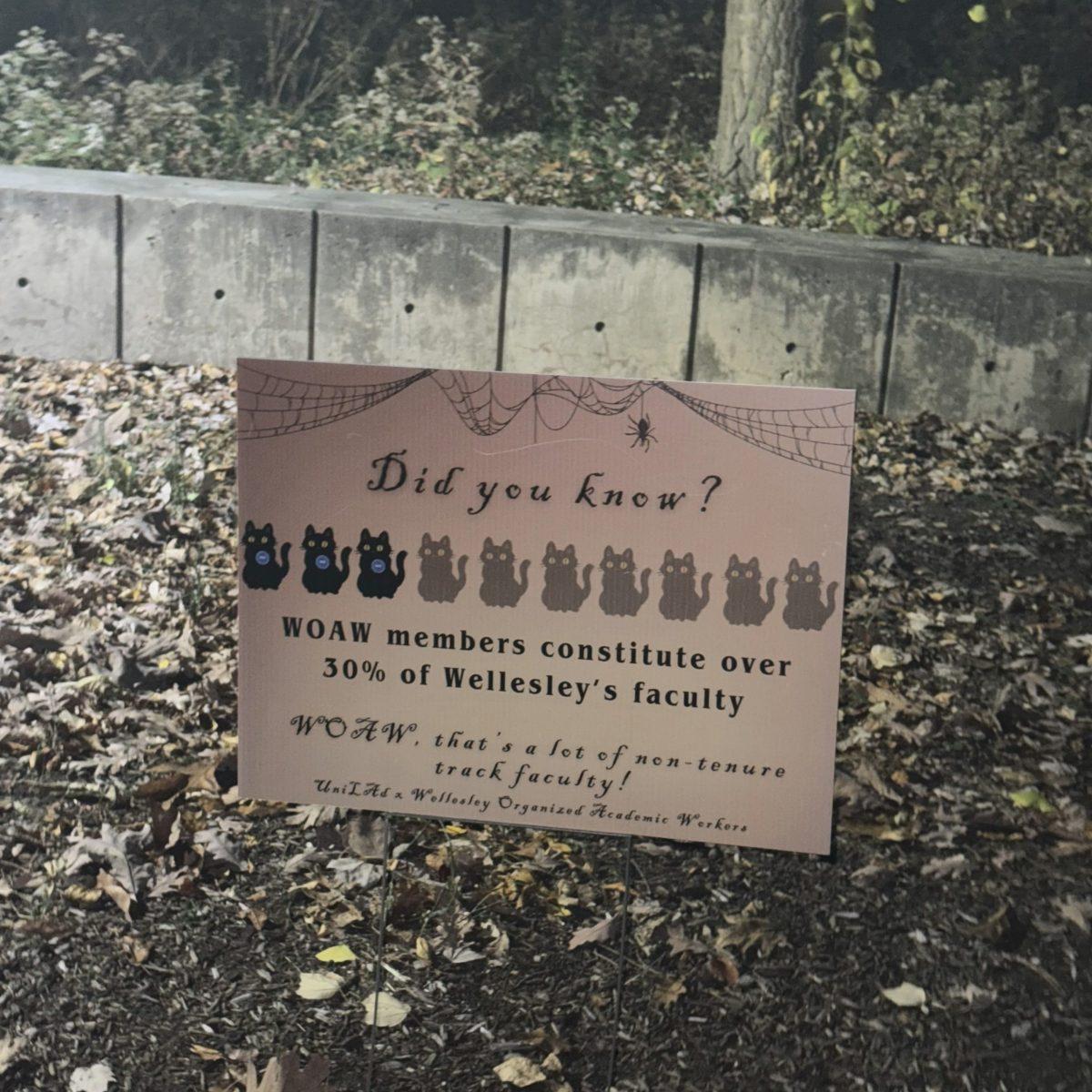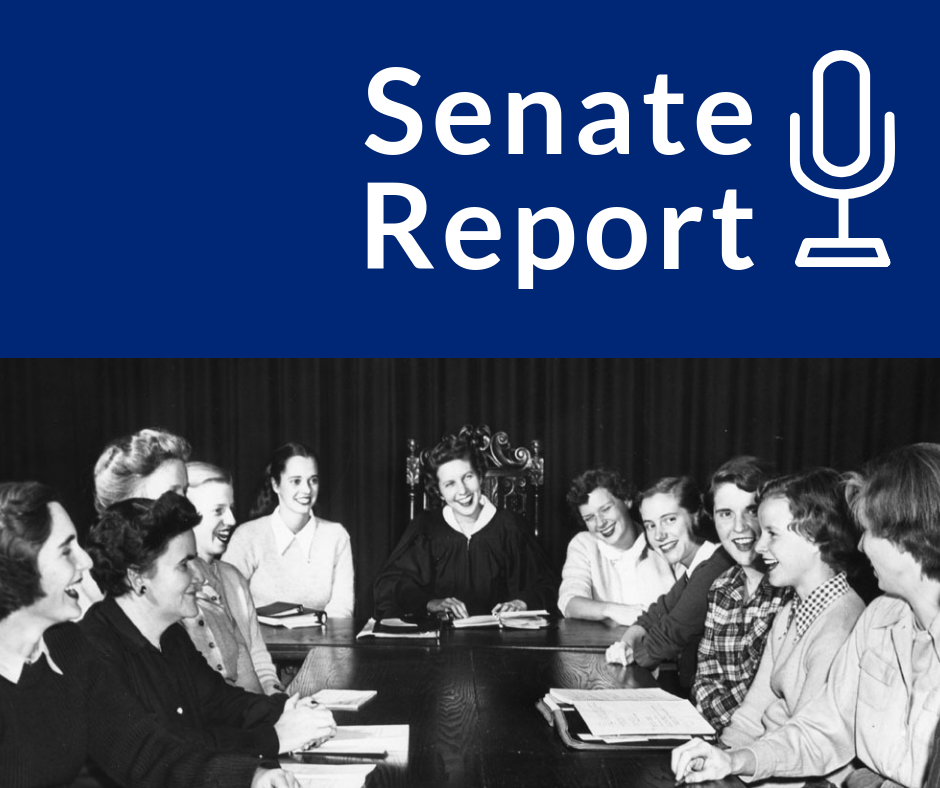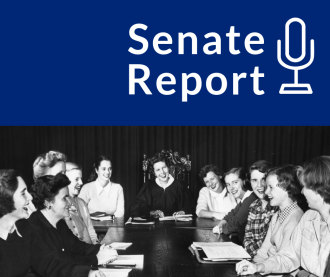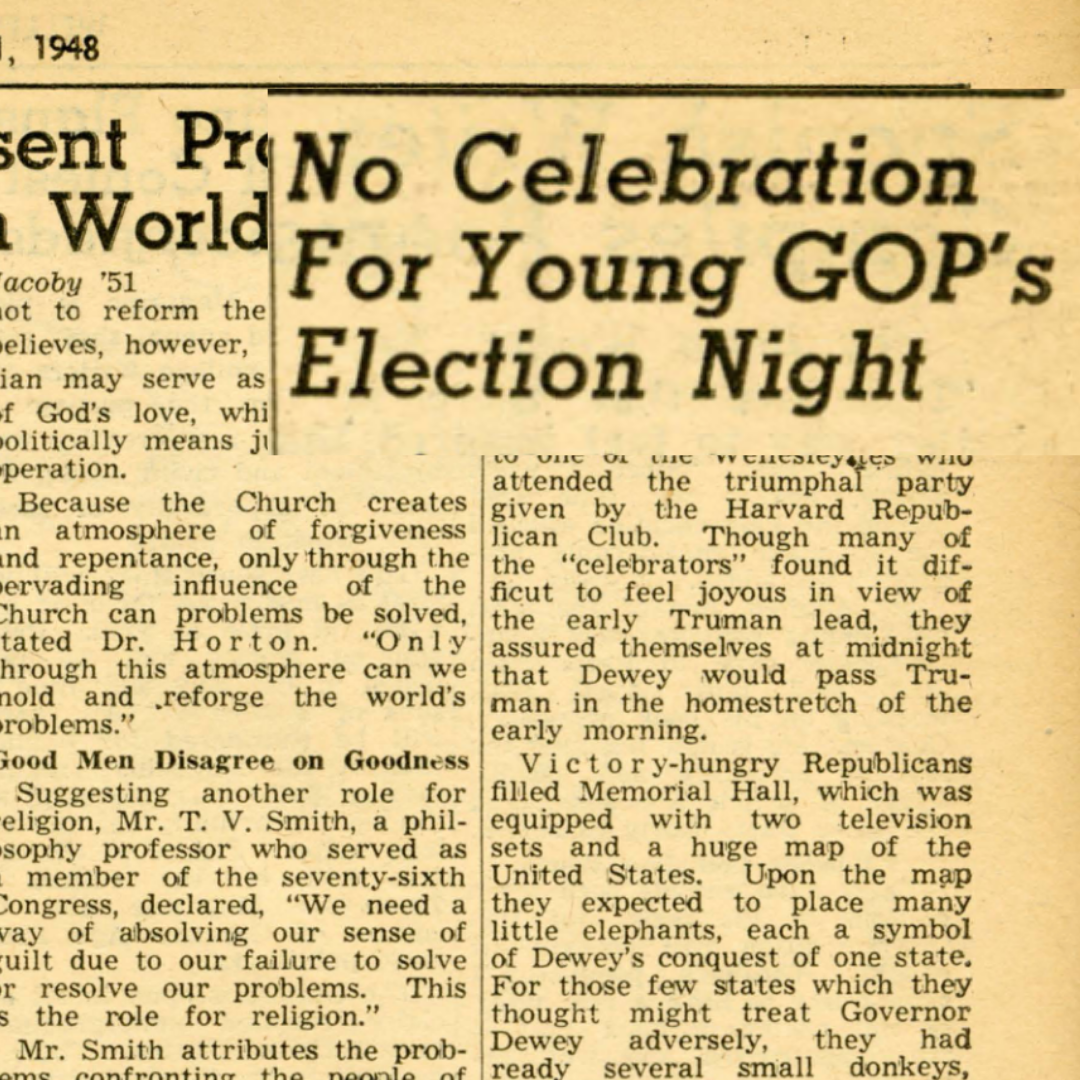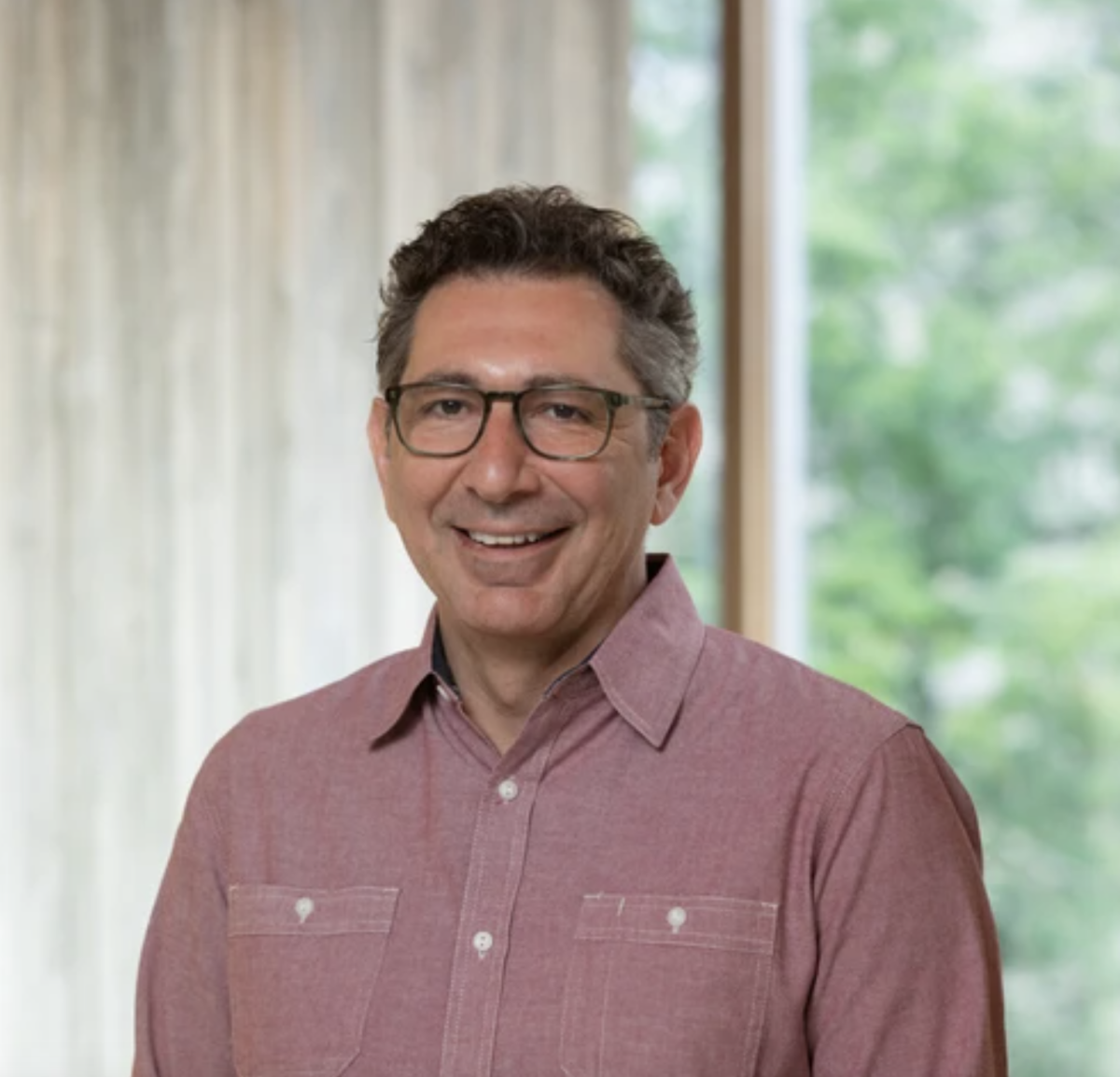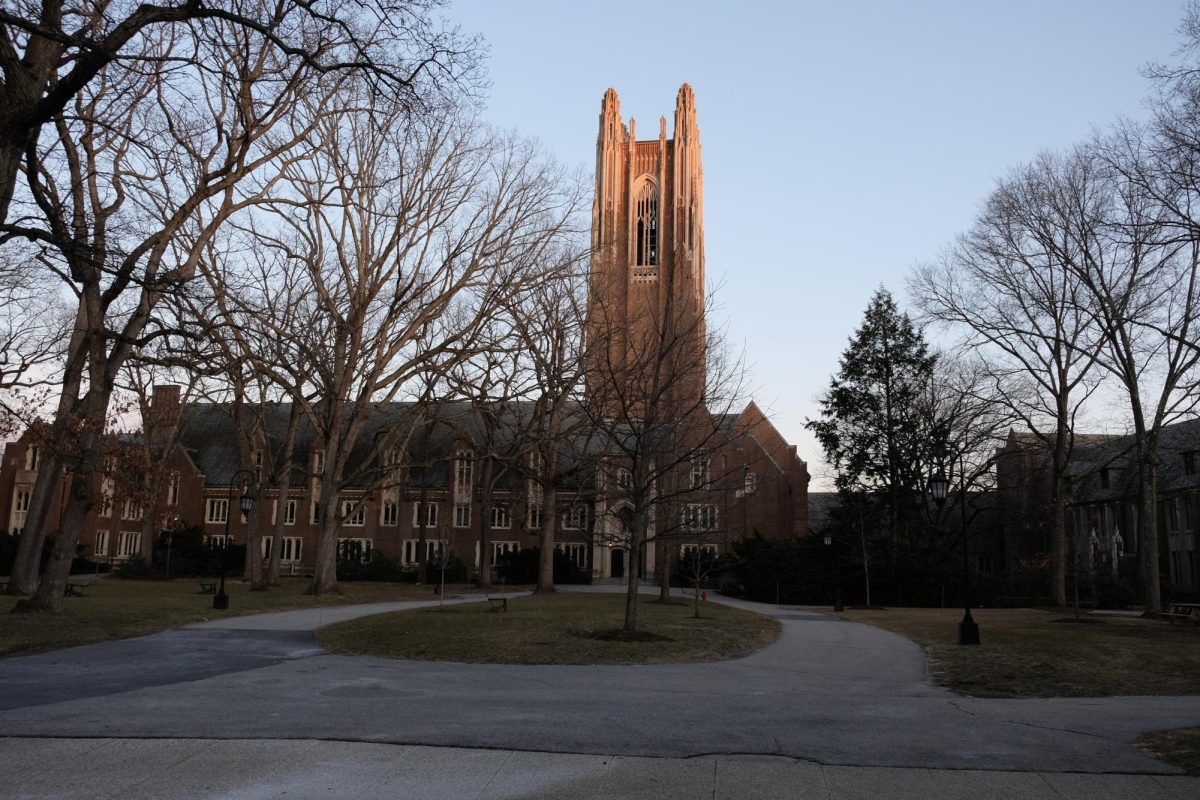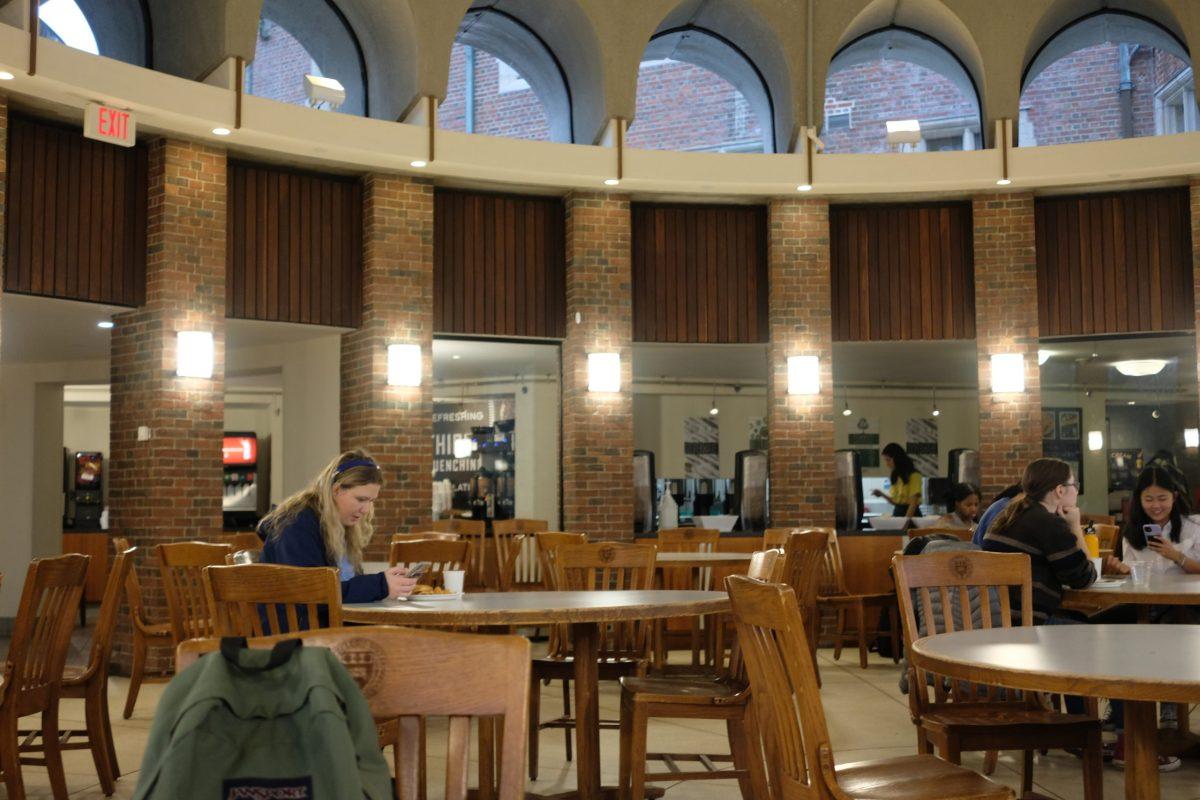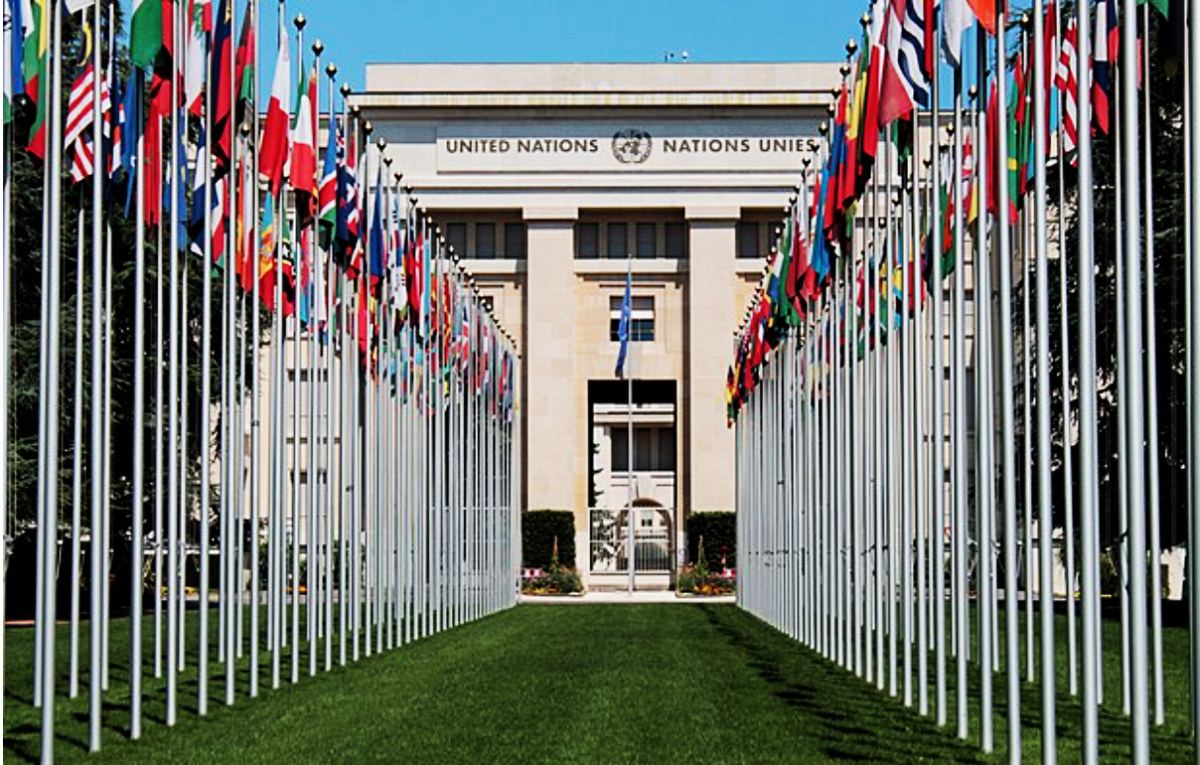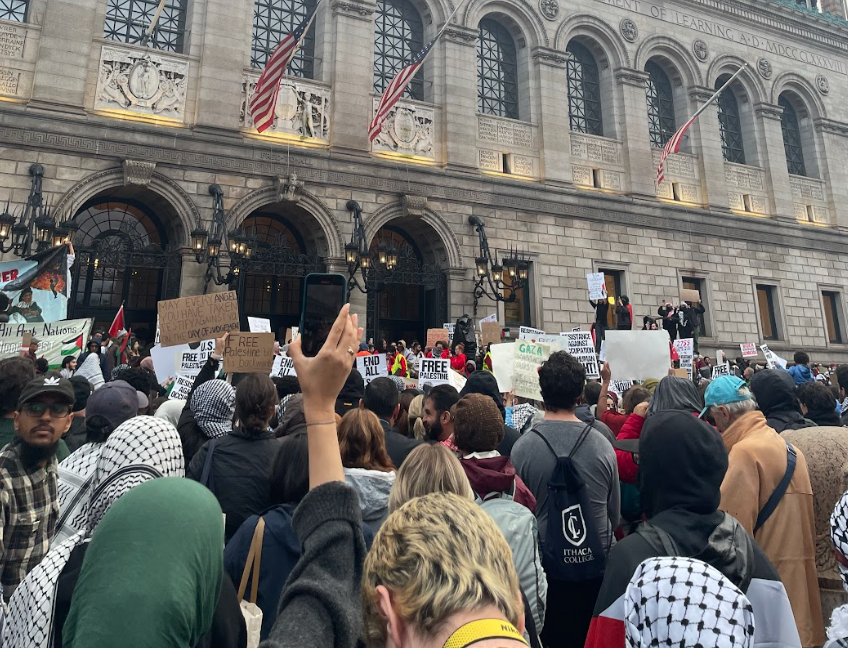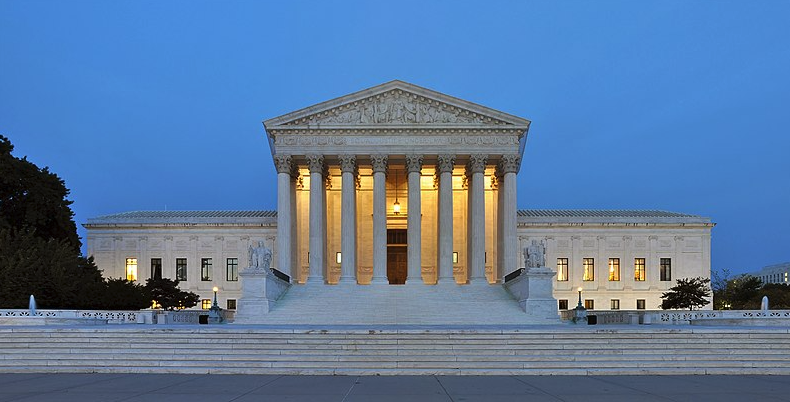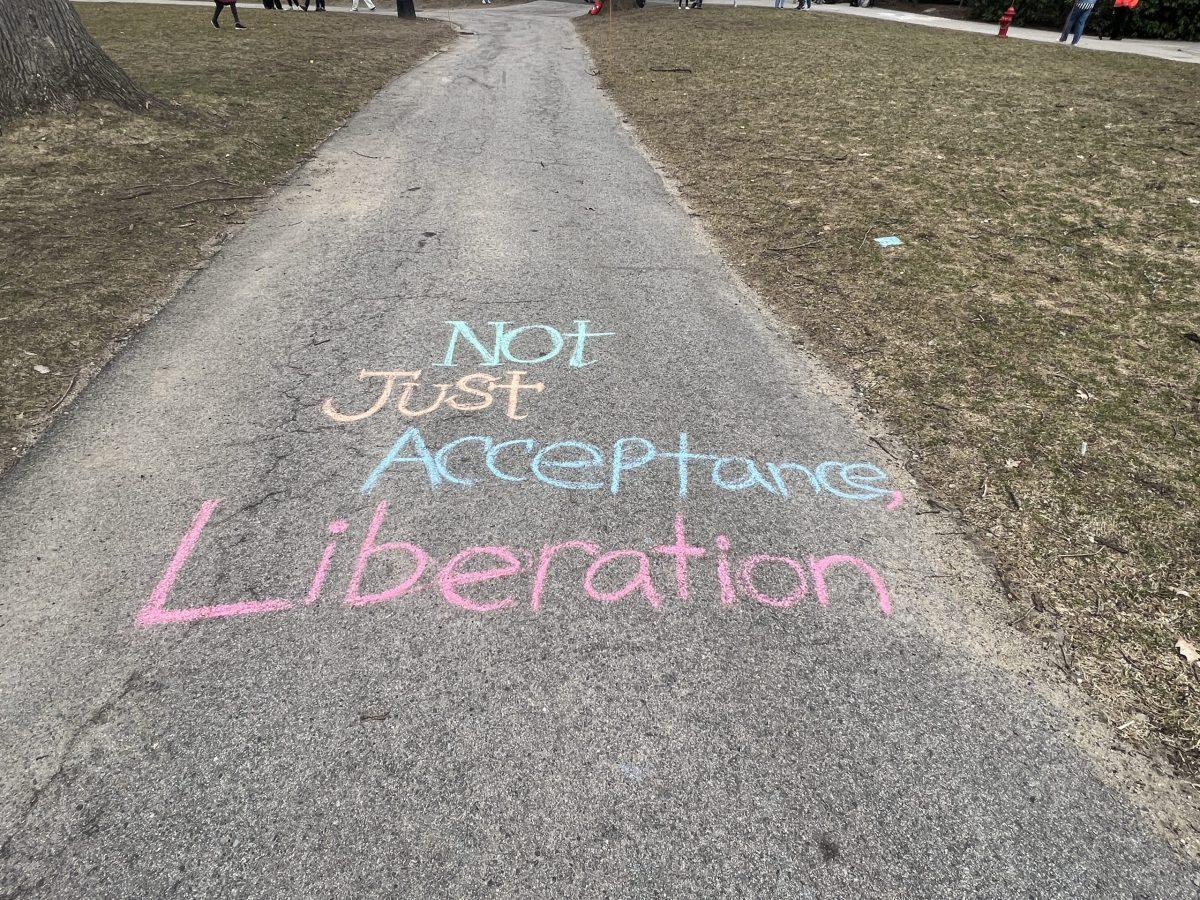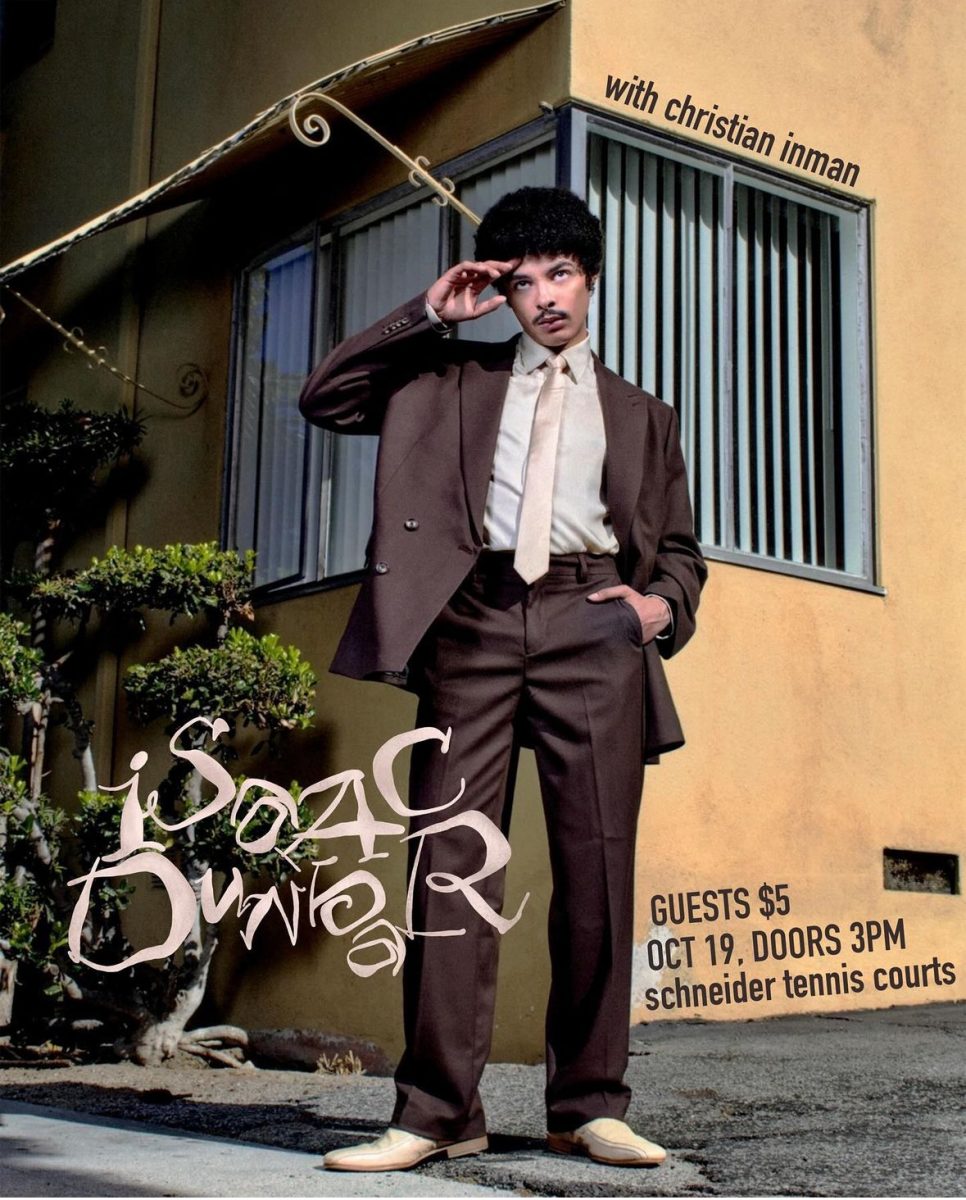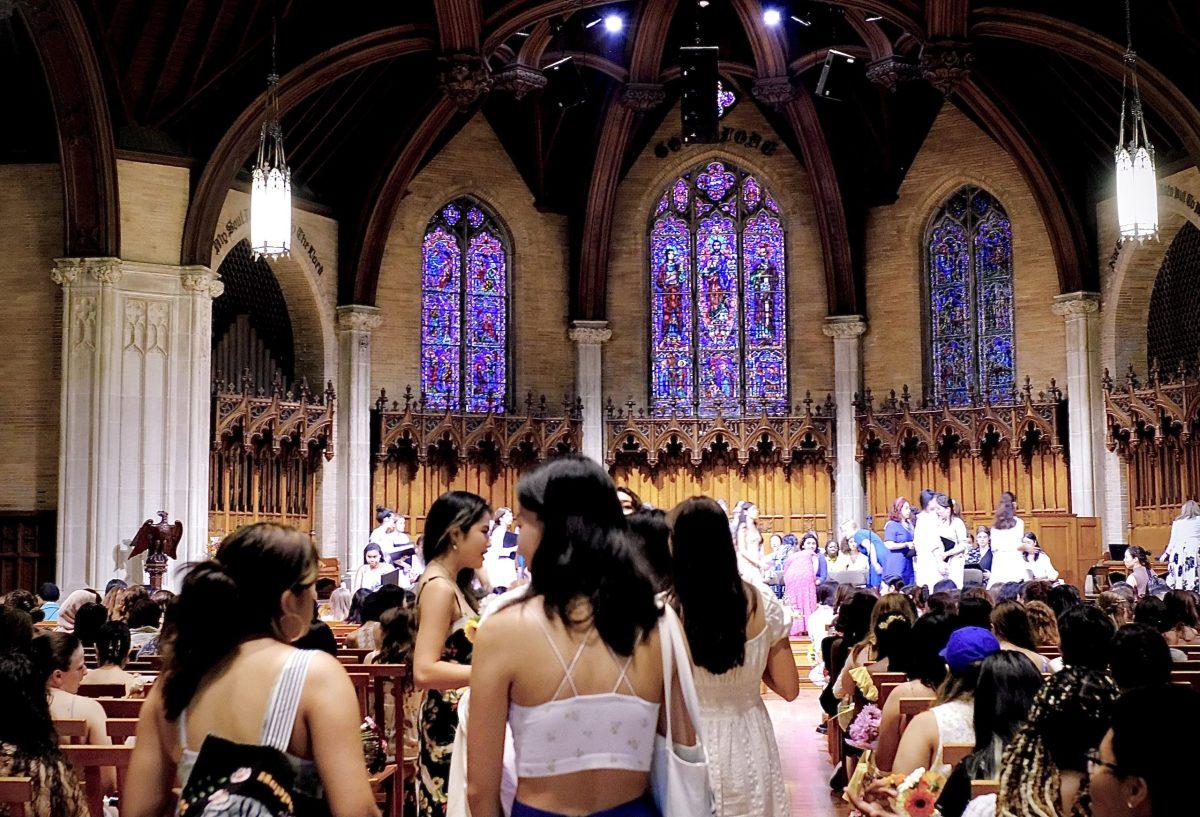***Editor’s Note: This article was published as part of the satirical April 1, 2016 issue.
A Wellesley education has a tangible, lasting effect on its students and, therefore, the world. This phenomenon has long been known to many Wellesley students, but it was only officially termed the Wellesley Effect by the College in October of 2015. After the College’s official acknowledgment, the Wellesley Effect has since gained increased recognition both within and beyond the College’s borders.
The Wellesley Effect is characterized by the physical changes Wellesley students undergo, the most notable of which is an increase in appetite and in the capacity of their dessert stomach. This increased hunger has led to an increased fixation with the Wellesley Fresh website for some, and has even bred community amongst students, with students posting on YikYak to notify the Wellesley community about the rare appearances of certain foods.
Jasmine Graham ’19 reflected on how The Wellesley Effect awakened her innate hunger for success.
“This is the place where I feel hunger everyday, so I really started to channel that fire in my belly. I’m young, scrappy and hungry, and I’m not throwing away my shot at success,” Graham said.
Some students also claim menstrual synchrony as one of the Wellesley Effect’s characteristics. This claim dates back to the late sixties to early seventies, when a senior at Wellesley started researching this characteristic in our residence halls. While this claim is debatable and does not take into account the non-female members of the Wellesley community, a majority of Wellesley students feel that the only period synchrony that occurs is the period of Finals Week.
The Wellesley Effect has also been recognized by students as changes in behaviour. These changes include an increased ability of some Wellesley students to humblebrag about how packed their schedules are, a decreased capacity to tolerate mansplaining and constant thoughts about world domination. These behavioural changes of the Wellesley Effect are known colloquially by some as “Wendying.” While many Wellesley students are fighting against Wendying, others have chosen to fully embrace it.
Wendy Darling ’17, chose to adopt ‘Wendy’ as her preferred name after being called that repeatedly by her circle of friends. Darling, a Political Science and Neuroscience double major with two unofficial minors in Cinema and Media Studies and Music, sits on the executive boards of five different student organizations and is the student representative for the Transportation Committee.
“This is the place where I can fly! So I’m fully embracing Wendying. It’s part of the Wellesley Effect for sure. Plus, it’s not like we do not get influenced by others, especially off-campus. I love Peter Pan for that reason, as it really brings me out of that Wellesley bubble into a whole new world,” Darling said.
While most students within the college recognize that the Wellesley Effect does not homogenize the community,
he many characteristics of the Wellesley Effect has surprised those outside the Wellesley community. Some are even deeply surprised by the myriad of ways the Wellesley Effect manifests itself, having assumed that the Wellesley Effect creates a monolithic student community that is full of Hillary devotees, angry feminists, and students who overuse the winky-face emoticon ;-).
Professor Kelvin Bohr, Professor of Behavioural Sciences at Wellesley, who was credited with coining the term “Wellesley Effect,” emphasized it should not come as a shock to visitors.
“It’s really not surprising, if you see how split Wellesley students get over whether the turkey bacon in the dining hall is actual food,” Bohr commented. “Maybe it’s the sweatpants – the unofficial uniform – that is causing others to think of Wellesley as one, instead of many.”
While the College administration hopes that official recognition will celebrate, strengthen and advance the Wellesley Effect, the effect’s multiple characteristics and interpretations may actually send mixed signals within and beyond the Wellesley community.
A senior, who declined to be named, commented on how the Wellesley Effect was still little understood even though graduation was near.
“It’s day 800. The College and the Wendys still don’t know that I’m not one of them. I don’t actually know what the Wellesley Effect really is, even though I’m about to graduate. I’m supposed to be affected, but what if I’m not? What if it is just a hashtag like #womenwhowill?”
Photo courtesy of give.wellesley.edu


